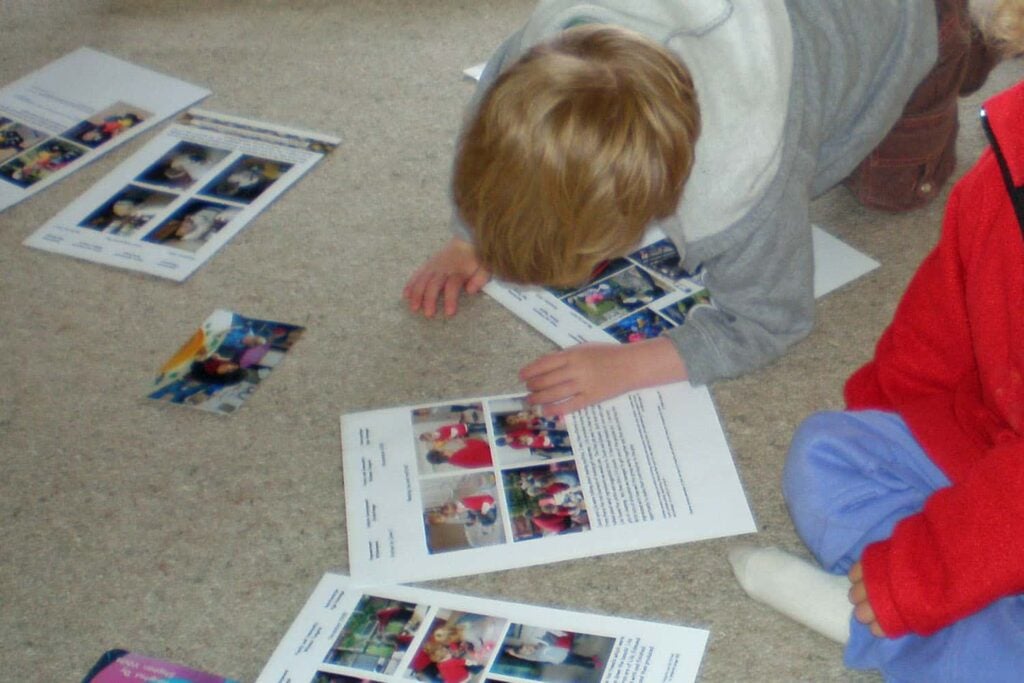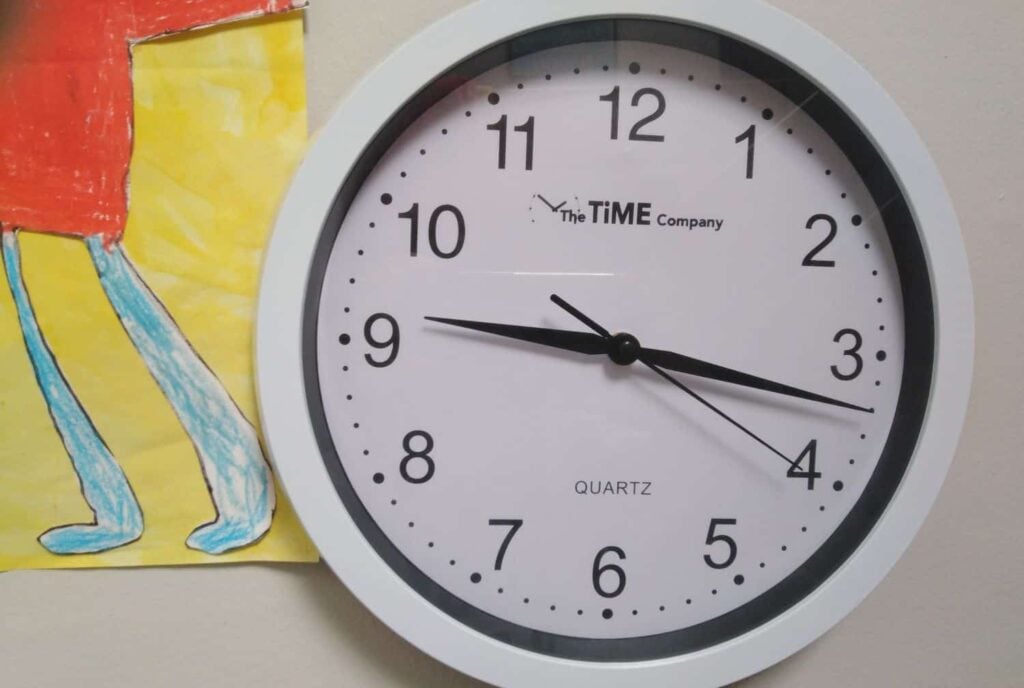Teacher Member Posts

Running a Transition to School Programme at Your ECE Service
Transition to School Programme. By Lisa Almeida. My experience has taught me that if the child’s transition to school is to be a success the importance of a reciprocal inter-relationship between parents, early childhood teachers, the primary school, and the child […]

Sun Protection Activities for Teaching and Learning to Be Safe in the Sun
Sun Protection Activities On Being Safe in the Sun (songs, art and craft, science, drama etc). Lots of easy to implement ideas for teaching and learning about sun protection and being safe in the sun are provided in this article. You’ll […]

Thesis Supervisor
Thesis Supervisor – How to Pick a Good Supervisor for Your Research. If you want to develop skills as a researcher, have credibility in the workforce as a researcher, and contribute to the knowledge base in your area of interest […]

Different Ways to Write a Learning Story
Writing a Learning Story. Learning stories are still the assessment type of choice for most early childhood services and teaching professionals. The way that learning stories are written vary from service to service. While teachers and home-educators know what they […]
Service Provider Member Posts

Staff Lateness for Work or Other Problem Behaviour
Here is what you need to know when deciding how to respond to an employee who is late for work. Late for work – a one off or infrequent occurrence If you pay the employer by the hour you are under no obligation to pay […]

Meal and Rest Breaks
ECE services are not exempt from providing staff with meal and rest breaks – and offering compensation is a “no” Early childhood services are not exempt from giving staff their entitlement to breaks. Early childhood teaching does not come under […]

Domestic Violence Leave
Domestic violence leave guidelines. Asking for proof and how to treat an employee who is, or is suspected to be, affected by domestic violence As an employer you can accept any type of proof that an employee is affected by […]

Getting Men to Apply for Your Staff Vacancy
Male job applicants. We are advertising for a teacher and have received some quality applications so far, but no applications from males. We would love to have a male applicant or two – any ideas of how we could achieve […]
Research Library – Today’s Featured Articles

Focus Group Methodology
Focus Group Methodology and its Usefulness in Early Childhood Research. By Claire McLachlan. Published in NZ Research in ECE Journal, 2005, pp. 113-123. Abstract. Focus groups are increasingly being used by researchers as a method of qualitative data gathering in […]

Children’s Participation in Disaster Risk Reduction as Curriculum
Children’s Participation in Disaster Risk Reduction as Curriculum. Dian Fikriani* and Jane Bone** * Gadjah Mada University Indonesia. **Monash University Australia. Full Reference: Fikriani, D. & Bone, J. (2014). Children’s participation in disaster risk reduction as curriculum. NZ Research in […]

Characteristics of Optimal Early Childhood Centre Outdoor Environments: Spaces and Places in which Children and Adults Want to Be
The purpose of this project was to investigate what teachers deemed optimal in their provision of an outdoor environment. This research involved 46 teachers from 15 early childhood centres in the North Island of New Zealand. The findings reported in […]

Index for the NZ Research in ECE Journal, 2005, Vol 8
The titles, authors and abstracts for papers published in the NZ Research in Early Childhood Education Journal, Volume 8, 2005 are shown below. To view any paper, scroll to the end of this page for copies. Children as Rights Holders: […]
What We Do
Resources



